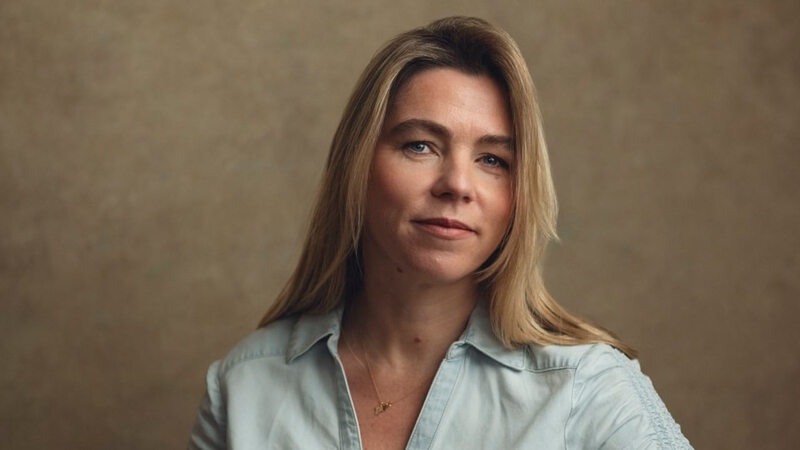You are viewing your 1 free article this month. Login to read more articles.
But what if I want to write about mangoes?
Here I am. Writing about mangoes, while eating a mango. I am a stereotype dream come true. “I try to avoid any mention of mangoes, of spices and monsoons,” said writer Jeet Thayil, in an NPR interview a few years ago. Yes, these are the stereotypes that we are often pigeonholed in. I debated and agonised over this too, while writing my book. What if I am reinforcing these stereotypes, just putting myself back into the boxes that I have always tried to escape, and break?
But what if my memories are anchored to these things, what if these are a critical part of my identity, what if these aren’t only stereotypes but my truth? What then?
Mango season in India is a ritual amongst families, no fruit so versatile and loved by all. In my family, time was often marked by the season of mangoes. ‘Remember that summer when I made the mango pickle that we are still eating?’ my mum would say. Milestones were marked by that summer when the Dasheras were particularly delicious (it had been a very hot summer), or when we had a lot of green aams to make panna every day, the sweet and sour drink with jeera in it, or that summer when the mangoes had been disappointing because of the rains, and the news had come that my grandfather was dead.
This is what I had been writing in my forthcoming book, a hybrid memoir of sorts about mothering and motherhood, about looking for home, about fertility and reproductive justice, and about our bodies and identity. And I had been writing about living in India for five months during the intense summer of 2016 when my twins were born, before we could complete all the bureaucratic procedures to bring them back home to the UK. I was home, but so far away from home too.
What if my memory of mangoes isn’t about mangoes at all, but about feeling whole again even if only for a few minutes? My book is about a search for home, and identity, the search for a place which feels like one where I can truly belong, wholly and completely, with my broken body and mind, one where I do not feel like an outsider. We dream of a world where internal and external conflicts do not exist, one where peace outside and inside flows like a seamless thread, a river taking away all worries and anxieties, and where we feel completely at home. But does such a utopia ever exist? What if mangoes, and spices, the dust and dirt, the small, cramped rooms and the intense heat is what makes up these fragments of myself that I have been trying to arrange in some sort of a complete picture, an image in which I can really see myself being reflected?
As I write about that summer from five years ago, the summer of being home, but also being away from home, mangoes represent so much for me: nostalgia, homesickness, melancholy. Love, joy, contentment. Being uprooted, and rooted again after so long. I keep thinking of becoming a mother again, and the intense love and joy side by side with fractured self I keep thinking of how my twins will feel about home, and their part-Indian heritage. I keep thinking that maybe I will bring back the twins one day to taste these mangoes, and then suddenly love, joy, hope bubbles up and packs my heart up to my sleepless eyes. Days stay sweet and sour, tenderness mixed with stringy streaks. Tired state, tired metaphors.
Mangoes are a metaphor, a literary device. They are my reality, and my truth. They are that link to my past and my heritage, to my dead father and grandfather, to the memories that seem so blurry and distant, to my anxieties about my children not knowing my country of my birth (and theirs), and the intense pleasure that I feel when one of my twins eats mangoes with as much joy as I do. I feel some sort of completeness in these moments as if the thread that runs through, through my mother in India to them, is still intact and unbroken. What if the mangoes help me become more at ease in my own skin, less anxious and less self-conscious of my own eccentricities and quirks?
How can we not write our truth? Should we hide ourself in our memories because these might reinforce the smoothed out view of us as a one indistinguishable group? This is something I have pondered a lot through the writing of this book, and even as I feel the burden of representation, I have to confront those personas that we ourselves hide from – our undiscovered longings, our embarrassments, our undisclosed desires that we dare not tell ourselves, and the ones that others conveniently label us with. And, as a writer, I have to hold my reader’s trust in my hands through my own truth - as valuable to them as to me.
Pragya Agarwal is a behavioural scientist, author and founder of the consultancy The 50 Percent Project. Her books Sway (Bloomsbury) and Wish We Knew What To Say (Dialogue) were published in 2020. Her next book (M)otherhood (Canongate) is out on 3 June. She can be found on Twitter at @drpragyaagarwal.














